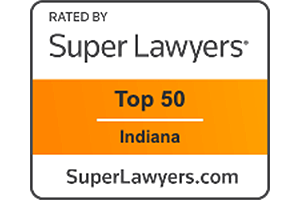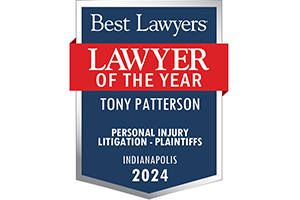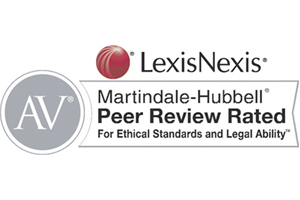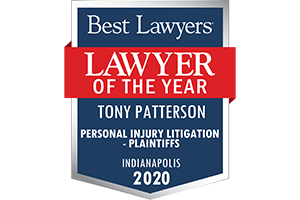Beware of UIM Provisions that Shorten the Statute of Limitations
Be on the lookout for insurance policy provisions that must be complied with to protect your client’s underinsured motorist (“UIM”) claim under his or her automobile insurance or commercial policy. One fear concerns time limitations in the policy that shorten the applicable statute of limitations. For example, some UIM coverage provisions require the insured’s lawsuit for UIM benefits to be filed within two or three years from the date of the collision despite Indiana’s ten year statute of limitations for breach of written contracts. In this circumstance, Indiana courts have enforced contractual provisions that shorten the time to commence suit as long as reasonable time is afforded. Bradshaw v. Chandler, 916 N.E.2d 163, 166 (Ind. 2009).
These time shortening provisions often put your client (more importantly the insurance company’s insured) in an awkward and unfair predicament. Most automobile insurance policies dictate that the insured must comply with all provisions of the policy before the insured can file a UIM lawsuit against the insurance company. These policies often provide that any lawsuit must be filed within some time shortened period (usually 2 or 3 years from the date of the accident). Conversely, the same policy will also state that the insurance company will not pay UIM coverage until the tortfeasor motorist’s insurance coverage has been exhausted. Herein lies the conflict.
Frequently, our clients do not exhaust the policy limits of the third party tortfeasor’s insurance coverage until more than two years after the accident. This creates a situation where our client’s auto policy requires them to do two different things that are in conflict with each other. Recently, the Indiana Supreme Court shed light on this problem. In State Farm Mut. Auto. Ins. Co. v. Jakubowicz, the Court noted that in situations like this, the insured cannot both exhaust the tortfeasor’s policy limits and file a UIM suit within the time shortened period prescribed by the policy. State Farm Mut. Auto. Ins. Co. v. Jakubowicz, 2016 Ind. LEXIS 522 (Ind. July 26, 2016).
In Jakubowicz, a mother and her two sons (“Jakubowiczs”) were involved in a car accident resulting in serious injuries in August 2007. The Jakubowiczs filed their lawsuit against the responsible driver in October 2008 and put their UIM carrier, State Farm, on notice of a possible UIM claim in December 2009. After resolving the third party claim, they sought leave to add State Farm as a defendant in March 2011 to pursue their UIM claims. State Farm moved for summary judgment arguing the UIM claims were barred when being made more than three (3) years past the date of the accident because the insurance policy required legal action for UIM coverage to be filed within three (3) years after the date of the accident.
The trial court denied State Farm’s motion for summary judgment and the Indiana Supreme Court agreed with that ruling. Likening State Farm’s policy to the insurance policy that was analyzed in Wert v. Meridian Sec. Ins. Co., the Court held Jakubowiczs’ policy with State Farm “is ambiguous to [the] extent it contains conflicting provisions.” Those provisions included:
- Lawsuit for UIM coverage must be brought within three years from the date of the accident.
- Legal action may not be brought against State Farm until full compliance with all the provisions of the policy.
- State Farm will pay UIM only if the full amount of available limits of all third party bodily injury liability bonds, policies, and self-insurance plans have been exhausted or offered in writing.
Best practice – – review all provisions of your client’s applicable automobile, umbrella and/or commercial policies as soon as possible to identify time shortening provisions for filing underinsured motorist claims.
BY: PAUL KRUSE & JOHN MCLAUGHLIN











